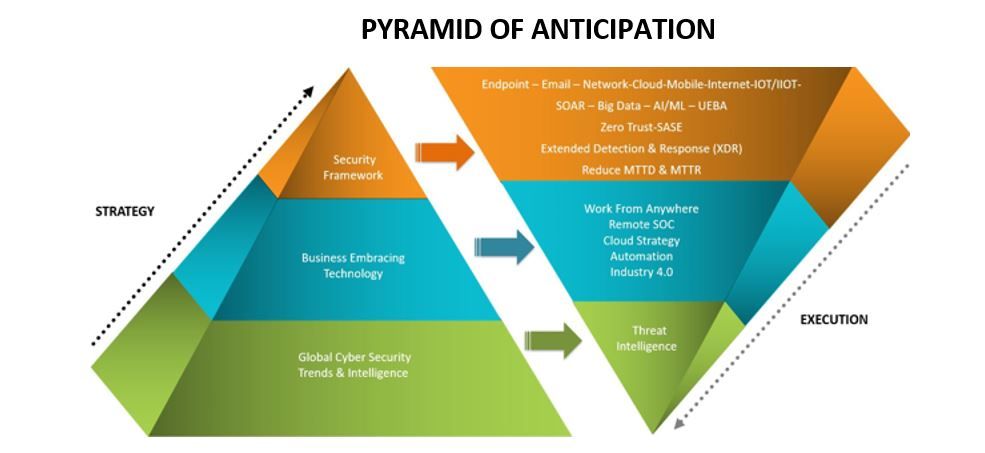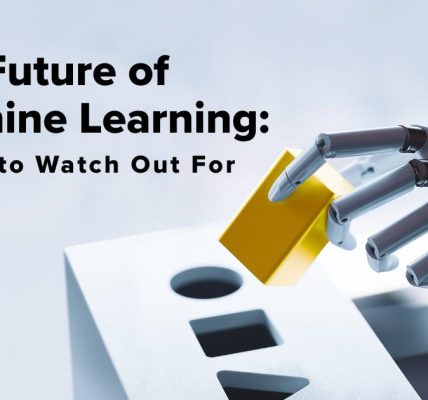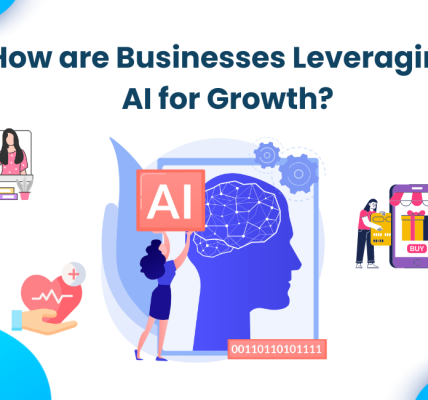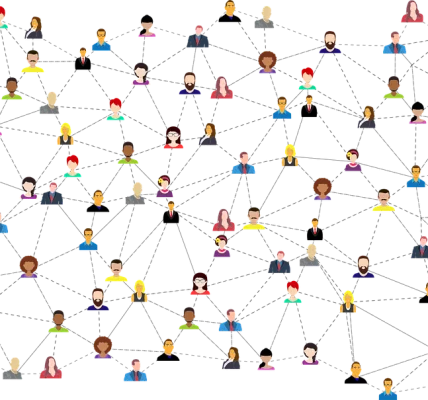In recent years, the field of artificial intelligence (AI) has made significant advancements, revolutionizing the way we live and work. AI technologies such as machine learning, natural language processing, and neural networks have enabled machines to perform tasks that were once thought to be exclusive to human intelligence. From self-driving cars to virtual assistants like Siri and Alexa, AI is becoming increasingly integrated into our daily lives.
The Limits of AI
While AI has the ability to process vast amounts of data and perform complex tasks with speed and accuracy, there are certain limitations to its intelligence. For example, AI lacks the emotional intelligence and creativity that humans possess. Machines cannot truly understand human emotions or think outside the box in the same way that humans can. Additionally, AI is only as good as the data it is trained on, which means that biases can be inadvertently introduced into AI systems.
The Power of Human Intelligence
Human intelligence is still unmatched in certain areas, such as emotional intelligence, creativity, and critical thinking. Humans have the ability to empathize, innovate, and solve complex problems in ways that machines cannot. While AI can assist humans in tasks that require data processing and automation, it cannot fully replicate the nuances of human intelligence.
The Future of AI and Human Intelligence
Despite the limitations of AI, the future holds exciting possibilities for the integration of AI and human intelligence. By combining the strengths of AI and human intelligence, we can unlock new opportunities for innovation and collaboration. For example, AI can assist humans in making more informed decisions by analyzing data and providing insights, while humans can provide the creativity and empathy that AI lacks.
Conclusion
In conclusion, the debate between AI and human intelligence is not about one being better than the other, but rather about how they can complement each other to achieve greater results. While AI continues to advance and evolve, human intelligence will always play a vital role in driving innovation and progress. By embracing the strengths of both AI and human intelligence, we can create a future where technology enhances, rather than replaces, human capabilities.




